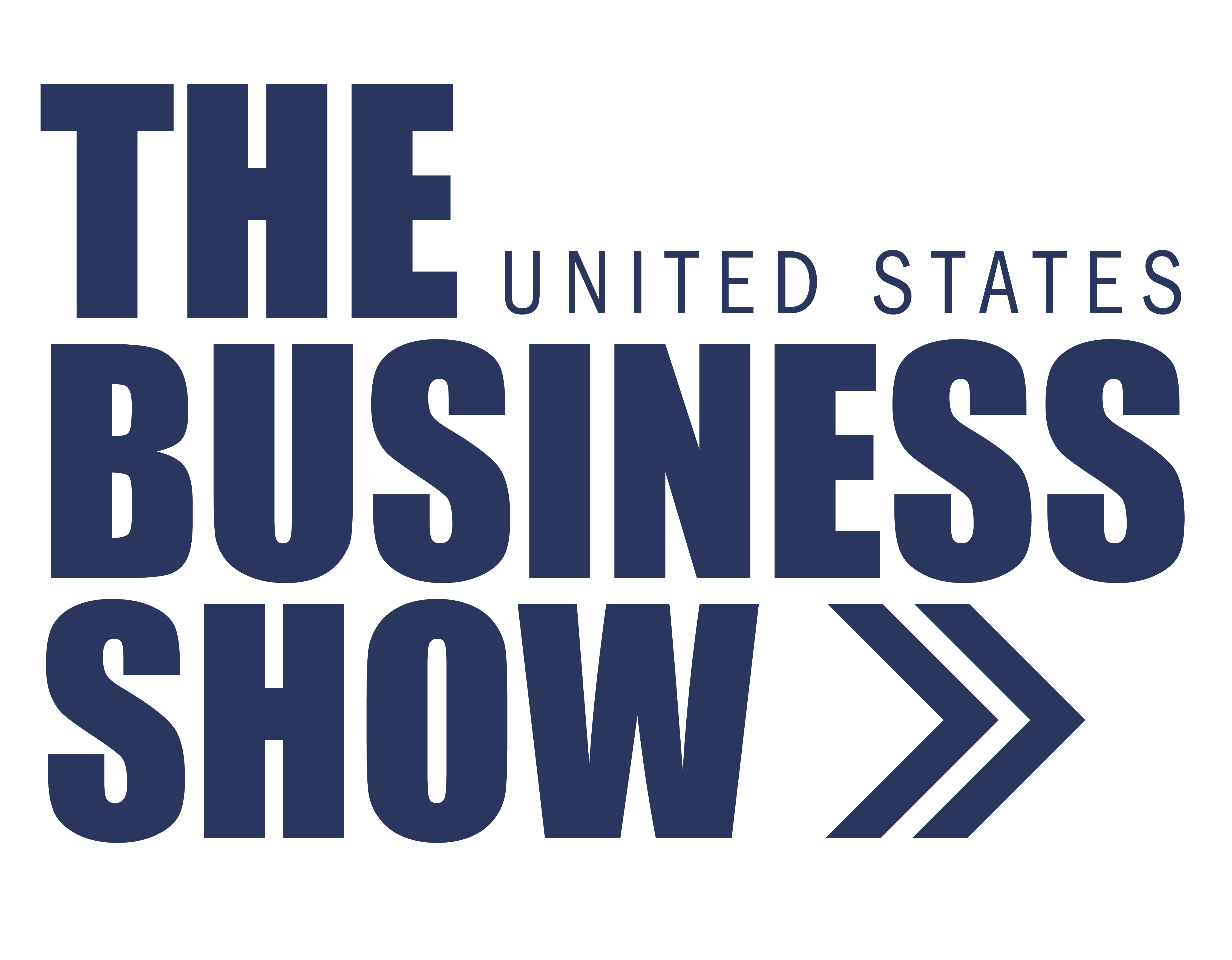How to maximise the value of your ideas: straight forward advice from fellow travellers
)
A decade of dramatic change means that today over 80% of a company’s value now comes from its ideas and intellectual property (IP): its brands, copyright, data and innovations. More than ever, your ideas, when protected, are a source of considerable value and profit.
Given its extraordinary importance, IP now needs to be something everyone in a business considers. So, this article brings together experts from Technology, Brand Management and Marketing, Finance, Private Equity and Commercial Law, to offer personal case studies about the importance of IP in all parts of the journey: from start-up, to scale-up, to international growth, through turnaround, and at exit.
The authors of the stories below hope the lessons they convey may offer fellow business owners and directors straight forward, no nonsense, commercial advice on the effective and practical steps all businesses can and should take to protect their ideas, and more importantly, to turn them into value, profit and sustainable growth, where ever they are on their journey.
The rise and fall, and rise again, of an entrepreneurial business
I was thrown into the world of intellectual property when a plc attempted a hostile take-over of my parent’s business. The deep pocketed corporate stopped their business from using its brands, its know-how, and recruited its staff. The business was all but dead in the water. Having just left a job in corporate-land I stepped in to help my brother and father use the shred of IP that, by chance, remained. Together we pulled off a great escape, built a phoenix, which we grew, and eventually sold for a life changing sum in 2018.
The experience taught me that IP has extraordinary value, but it is though extremely vulnerable. Over the last decade, the role of IP has become even more important. Ideas and IP are now the source of over 80% of a company’s value. This is not just the case for leviathans like Apple and Microsoft: my parents’ experience proves that IP is a source of value and vulnerability for us all. IP rights protect businesses from predators and potential pitfalls, and enable every company to enhance and fulfil the potential of its ideas.
It’s been 10 years since my baptism of fire. Over that decade I’ve stayed in the deep end: investing in, recovering, growing and selling IP rich businesses. If I were to summarise what this experience has taught me, it would be that a company’s value and success is, to a greater extent than ever, now based on just two things: its ideas - its brands, innovations, creations and know-how; and its ability to control and derive profit from these ideas. In the simplest terms:
“Your Ideas + Your Rights = Value + Profit”.
Paul Hayman: Director of TMOA – IP Attorneys.
Innovation and Collaboration – Maximising, not eroding, the value of your ideas
Plexal is at the heart of UK plc’s ambition to be a leader in the global digital economy. From its Innovation Centre and Innovation Consultancy based in London’s Olympic Park, it acts as a catalyst for large and small businesses as they try to identify opportunities for collaboration in emerging technology domains.
Issue: Intellectual Property is critical in tech. It is always a source of great value. However, Plexal has seen growing companies rush at opportunities to partner with huge technology organisations or banks, where in their haste, they have given away the rights to their IP too easily and too cheaply. IP clauses in the corporate’s commercial contract eroded the value the smaller party was bringing to the collaboration, leaving them with little. Sadly, this scenario is not uncommon. It is unfortunate for the businesses involved, and for UK plc, that in too many cases of intended collaboration, creativity and the creation of value can be stifled; and worse, in some cases the parties fall into frustration and distrust, protracted negotiation and delay, and the unnecessary loss of value for both.
Solution: Recognising this, the leadership team at Plexal created the “Plexal Innovation Framework” a consultative arrangement through which both large and small organisations are required to treat their respective IP appropriately, according to their respective roles, and the value each is bringing to the collaboration. Plexal’s Innovation Framework has been a success. It has changed the game. It has provided a foundation for trust, where openness, innovation and creativity can prosper. The framework acts as a catalyst and ensures both parties benefit from a spirit of shared innovation and entrepreneurship, whilst protecting the ownership and enhancing the value of the ideas each party brings to the table.
Application: Plexal’s Framework has been extremely important and beneficial, especially as parties of dramatically different scales worked to develop technology products at pace. It establishes a clear distinction between the value and identity of the entrepreneurial company’s existing IP, IP which forms the foundation for the partnership, the “Background IP”; and the “Foreground IP”, relating to customisations or incremental layers developed with the help of the corporate, which sits on top of the entrepreneur’s pre-existing IP assets. Such a distinction facilitates rapid innovation as it builds trust, fosters openness, and catalyses creativity, whilst preventing potentially disruptive issues relating to IP origin, ownership, accountability and use.
Benefit: Plexal’s unique approach has proven to be a “win:win”. It has stimulated and accelerated innovation. Its clear definition and compartmentalisation of IP has enabled a new type of collaboration, one where both parties use their IP to create value, whilst protecting the rights to their respective ideas. It may be one of the elements UK plc needs to adopt if it is to become a force in the global digital economy. Perhaps Plexal’s approach should be adopted more broadly and so act as a catalyst for the faster realisation of significant innovation? When one aspires to be a world leader, the Olympic Park feels like a good place to start.
Andrew Roughan: Managing Director of Plexal.
The value of IP rights: from busted flush to extraordinary value
In my experience as an Investor, I have found that the businesses that fulfil their potential, and secure maximum value, tend to be those that properly understand, protect and proactively manage their intellectual property. The following story helps explain why.
I was considering an investment into an e-commerce platform. The company was doing extremely well in terms of sales, it had moved through its start-up phase, and was now ready to take the next big step.
Issue: As we worked through the company’s investor proposal, it became apparent that their competitors had very deep pockets. Accordingly, if the fund-raise was to be successful, the risk of costly vexatious IP claims had to be mitigated. The investment strategy would have to be based on rock-solid, highly differentiated, technology and IP. However, as I worked more closely with the team, it became obvious that the IP upon which they depended was not theirs. It was owned by a third-party. Worse, the company had no contractual rights relating to how they could control or use the IP. At a stroke, our valuation of the company reduced from 2-3x revenues to 1x, at best. The company’s founders were rocked. It came as a huge blow. Their hopes had been raised, only to be crushed by a contractual issue. Their expectations of raising a substantial sum, by giving up a limited amount of equity, were shot. The lack of clarity, protection, and strategic approach to their IP, completely changed the nature of the investment conversation.
Approach: Once the initial shock had passed, we were able to come to a reasonable and mutually agreeable deal. The first action taken though, was to clean up the whole IP situation. We reset their strategy to be “IP First”. Technology and sales continued to be delivered, leading to further investment rounds, building the value back to - and beyond - the original valuation expectations.
Benefit: Thankfully, after discovering the initial IP rights issue, we found a way to invest in the company’s ideas, to recover the situation, and then work with the directors to deliver significant value. The story has a happy ending. Together, we put the company on a pathway that fulfilled its considerable potential. The directors are expected to realise maximum value, through a corporate buy-out or an IPO, in the next two years.
Charlie Cannell: Independent Investor, Chair and Non-Exec
Avoiding the pitfalls, and so fulfilling your idea’s potential
Following a need to restructure his biotech business in 2000, and its eventual successful sale, Kevin Pritchard, now Managing Director of 4R Business Recovery and Incubator Capital, became passionate about helping fellow directors and owners struggling with insolvency and troubled cash flow. Over the last ten years, Kevin has helped over 600 directors and owners to understand the risks arising from insolvency, advising them on business turnaround strategies and restructuring options. In doing so, he has found ways for businesses to survive, then thrive, and ultimately to fulfil their potential.
Issue: Notoriously difficult to value, a company’s intellectual property (IP) is an increasingly significant part of its worth and its potential turnaround. It is not just large brands and multinationals who need to plan and manage IP. For example, consider the website of a modest plumbing company that generates hundreds of thousands in leads and orders, and so is a make-or-break asset for the business.
Solution: Given its huge commercial and strategic significance, owners and directors need to recognise their IP’s importance, protect it, and execute plans that maximise the value and profit it can realise.
Benefit: When a business recognises the pivotal importance of its IP, develops a strategy that enables its potential to be realised, and delivers business plans, legal structures and tax effective strategies all aligned to the creation of value, it will be ready for both “the best of times, and the worst of times”, and so will be far more valuable to its owners, and attractive to investors.
Kevin Pritchard: Managing Director of 4R Business Recovery and Incubator Capital
How to create and sustain brand value
A ‘brand’ is a promise: delivered. Mantra Media’s brand, its promise, is different. Unlike some marketing and creative agencies, Mantra is driven by ethics, it’s relentlessly honest, and so at times, challenging. Perhaps this comes from its roots in Sheffield, or from its founder Johnny Pawlik, a leader who puts values ahead of profit. Whatever the roots, it works.
Mantra has supported many organisations across the world, helping them create and promote new and existing brands in new markets and business sectors. Whether it’s in the frontlines of conception, during brand development, or at the sharp end of delivery, Mantra’s relentless, straight forward, honest approach has delivered value for many years.
Issue: Many of the businesses Mantra works with want sustained, profitable growth. However, if these goals are to be realised, in Mantra’s view, professionals and leaders in branding, marketing and sales, must have a keen appreciation of, yes, brand creation and delivery; but as important, brand protection. If they do not, they don’t understand brands, and the company won’t achieve its goals.
Solution: Once a business has developed its brand, its identity – the promise they will consistently deliver to their community; and developed a way of conveying the message in a way that speaks to this community, and so will encourage its members to engage and act in a particular way; the next step is to protect what they have so painstakingly created. Well before the brand is launched, as early as the creation stage, check for, and protect against, legal and commercial conflicts. Remember also to watch out for conflicts with regional customs, languages and habits. If the ground is clear, develop the brand. Be very cautious with your time and money if it is not.
Benefit: Brands are the only form of IP that give their owners perpetual monopoly rights. They can therefore be a source of extraordinary value. When a company creates a brand and a set of related IP, that both reflects a deep understanding of its target community; and more important, that you know they can protect and use, potentially over decades, it is highly likely to realise sustained profitable growth and so will benefit its customers, employees and owners.
Johnny Pawlik: Managing Director Mantra Media.
In a risky world, a simple way to protect and increase value
Issue: Over the last 5 years Linford Grey, a provider of financial advisory and statutory compliance to medium size businesses, has found there has been a growing conflict between what directors and business owners know they should be doing to protect and maximise the value of their IP assets; and the perceived cost, complexity and administrative effort required. All directors and owners know they need to spend money to register and protect their assets, but far fewer know they should be insulating their valuable IP from trading risk in a separate limited company. All too often Directors delay: preferring to spend their scare cash on activities that may grow revenue, delaying IP investment until growth delivers more cash, by which time it may be too late. Or they take no action, as they do not understand what would happen if they ran into trading difficulties while their trading company held their valuable IP assets.
Solution: Whilst directors believe setting up a “Special Purpose Vehicle” that insulates all their IP from trading risk makes sense, they believe it is costly, complicated and fraught with compliance risk. So, they don’t do it. It is though easy to do, and cheap to manage, when done by a specialist. Specialists can help directors set up and manage new vehicles. They work with owners, helping them minimise the tax implications of moving assets of significant value out of the trading vehicle, and the choice of where the IP assets should then be held. Once the tax planning and asset protection is done, 99% of the work is day to day compliance which the specialist then does for the company. A potentially expensive and complex compliance problem becomes cheap, easy and efficient, and enables the business to reap the benefits.
Benefit: Having an expert set up an SPV, the owner’s “IP Holding Company”, not only affords the directors and owners the ultimate IP protection - the ability to start again tomorrow if their trading company is hit by a meteor today, it also offers opportunities for additional sources of income and value. Compliance may not be particularly exciting or newsworthy; IP Law probably falls into the same bucket. However, if businesses are to create and protect value, they need to turn their ideas into profit through first class IP management, which in turn requires perfect compliance. Where directors chose to pass these responsibilities to a specialist, freeing them to focus on delivering profit and growth, the conflict between what a director knows they should do, and what they can do, is resolved.
Adam Prichard: Managing Director of the award-winning chartered accountants Linford Grey (Total Xero Winners 2021) with Martin Smith, founder of ICC Law.
In conclusion
The authors of the stories above want to help fellow business owners fulfil the potential of their ideas. Accordingly, they have partnered with TMOA – IP Attorneys to deliver a series of seminars at the London Business Show (24-25 November, Excel Centre London) that will focus on how to protect and maximise the value of a company’s IP.
If you would like to attend, please contact TMOA – IP Attorneys (info@tmoa.com) and the TMOA team will make arrangements for you.



